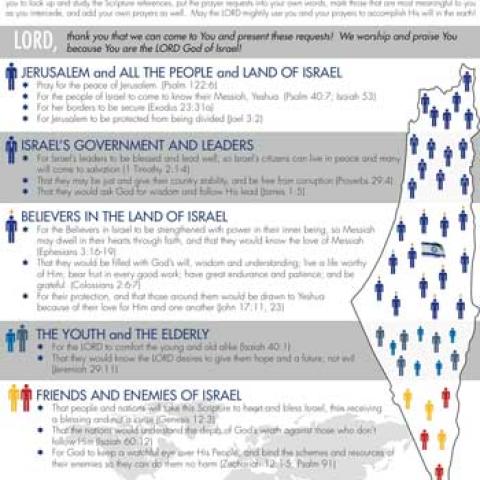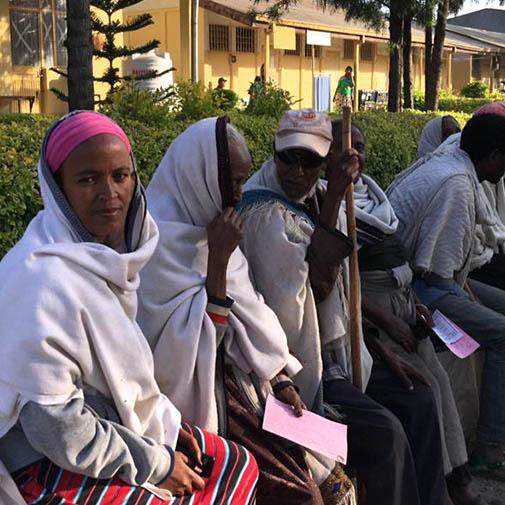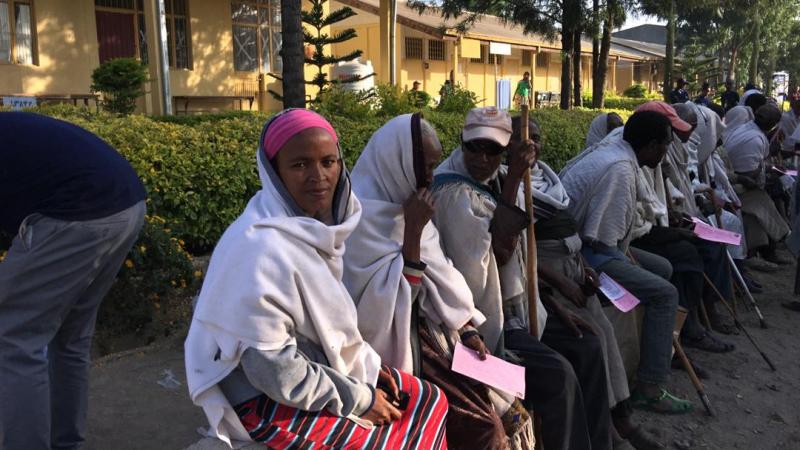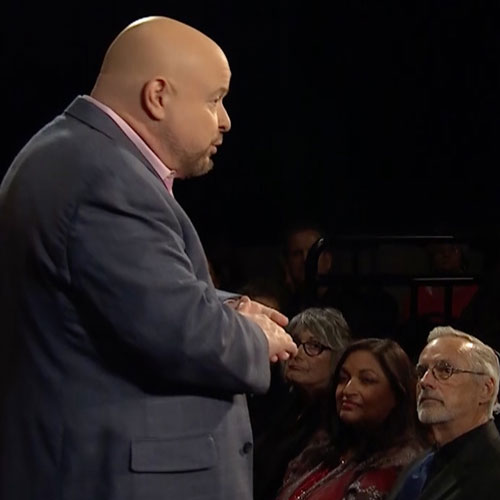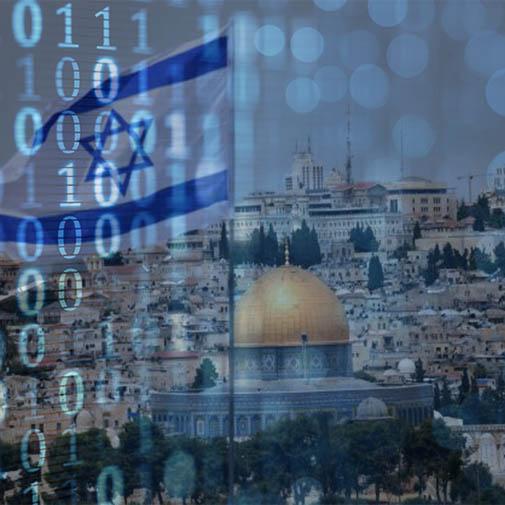
The Nazis called them “demonstrations.” But Kristallnacht, “the night of broken glass,” was far more than simple protests; it was a nationwide spate of violent, unbridled anti-Semitism.
On November 9 and 10 in 1938, across Germany and in other territories controlled by Hitler’s regime, an estimated 7,500 Jewish-owned businesses were vandalized and looted. Nazi soldiers and Hitler Youth invaded Jewish homes, intimidated and assaulted families, and murdered Jewish men and women who would not cooperate. They raided countless Jewish residences and burned or destroyed 267 synagogues, killing 91 Jewish people in the process. As the pogrom spread, tens of thousands of Jewish men were arrested, and most were transferred to concentration camps.
It’s important to remember that Germany had been discriminating against Jewish people for more than five years before Kristallnacht. When Adolf Hitler became Chancellor in 1933, his anti-Semitism began with calling for boycotts of Jewish businesses, banning property ownership by Jewish people and restricting the types of employment allowed them. The Nuremberg Laws of 1935 stripped Jewish citizens of many rights as the regime advanced its agenda to eventually remove the Jewish people entirely.
What prompted Kristallnacht?
In late October 1938, the Nazis arrested 17,000 Jewish people from Poland who were living in Germany and deported them back to their homeland. However, Poland refused them entry, which created a ghetto of nationless Jewish people near the border. Seventeen-year-old Herschel Grynszpan heard of the treatment his father received among the deportees. Outraged, he shot Ernst vom Rath, third secretary in the German Embassy in Paris. Vom Rath died of his wounds on November 9, sparking the events of Kristallnacht.
Kristallnacht was portrayed as a spontaneous response to the unfortunate murder. However, history indicates the killing actually provided a convenient cover for what was a well-coordinated attack on the Jewish people throughout Germany and beyond.
A survivor’s memories
Marga Randall remembered Kristallnacht as the night when everything changed. She was 8 years old that night, living in Schermbeck, Germany, with her family and grandparents. She had first experienced Hitler’s strengthening stranglehold on the Jewish people four years earlier, when her father took a telephone call from the Gestapo one night. They said they were coming to arrest him. Her father suffered a heart attack and dropped dead right in front of then-4-year-old Marga, the phone still in his hand.
On Kristallnacht, the threats of Nazi ideology came after Marga herself. At 10 p.m., she awoke to sounds on the street below her room. She ran to the window and was so frightened by what she saw that her teeth chattered. A mob of Hitler’s Brown Shirts and Youth held torches in one hand and bricks in the other.
“They were coming toward my house. Our house,” Marga said in her videoed testimony for Yad Vashem, The World Holocaust Remembrance Center. Marga ran downstairs to her family, and they took shelter in a small, inner room with no windows. In the dark, they huddled together, “and we screamed – because we didn’t know if we would survive the night,” Marga said.
The Nazi’s stormed into the house, shouting as they vandalized the rooms. They forced Marga and the others to leave their home. The family walked through the cold, dark woods until they reached a Catholic hospital where nuns took them in. An hour later, the Nazis came to the hospital and made them return home.
“There wasn’t a chair [left] for my grandmother to sit on,” Marga remembered. The Nazis had “hacked the furniture apart,” she said. “My grandfather’s beautiful, yellow canary had been trampled to death.”
Spontaneous demonstrations? “This was so highly organized,” Marga said in her Yad Vashem recording. The Nazis who raided and destroyed her home were not from her own village of Schermbeck, but from a nearby town farther north. The Schermbeck Nazis had gone south to a different village to do the same. “It seems it’s easier to hurt someone you don’t know,” Marga said. The events of Kristallnacht had been carefully planned.
Marga and her immediate family moved to Berlin, where they lived in partial hiding until they immigrated to the United States in 1941. Mere weeks afterward, her remaining family members in Germany were deported to concentration camps, where they perished. According to the Senator John Heinz History Center, Marga returned to visit Schermbeck more than 40 years later, and then spent the rest of her life speaking and sharing her story to increase awareness about the Holocaust.
During those years, Marga lived in Squirrel Hill, Pennsylvania, the pleasant community just outside Pittsburgh recently shattered by the worst act of anti-Semitism in U.S. history (Pittsburgh synagogue shooting). It is believed that she attended the Tree of Life Synagogue – where 11 people were murdered and two injured merely because they were Jewish. The man who walked in and opened fire during a circumcision ceremony that Shabbat morning told police, “All these Jews need to die” (Fox News).
Why remember Kristallnacht?
Anti-Semitism is alive. It seethes in internet chat rooms, on social media and in the conversations of people who stoke a shared hatred.
Anti-Semitism simmered for years in 20th century Europe. Inch by inch, the ideology grew until it erupted into a night of organized terror and assault on Jewish citizens. Kristallnacht proved to be a turning point. Hitler saw that non-Jewish citizens would stand by, observe without objection – and even participate – as mob violence played out against Jewish people.
After Kristallnacht, he brazenly ramped up his plan to exterminate the Jewish people. Six million Jewish people were murdered in the Holocaust. In some countries, 90% of the Jewish population perished.
Anti-Semitism grew unchecked in Nazi Germany. In the wake of the Pennsylvania synagogue shooting, the anniversary of Kristallnacht is a reminder that we must not repeat that passivity. We must confront anti-Semitism to curb its existing momentum and prevent it from gaining more footholds. We must – in love – be voices against anti-Semitism, in whatever form it takes, whenever we encounter it.






